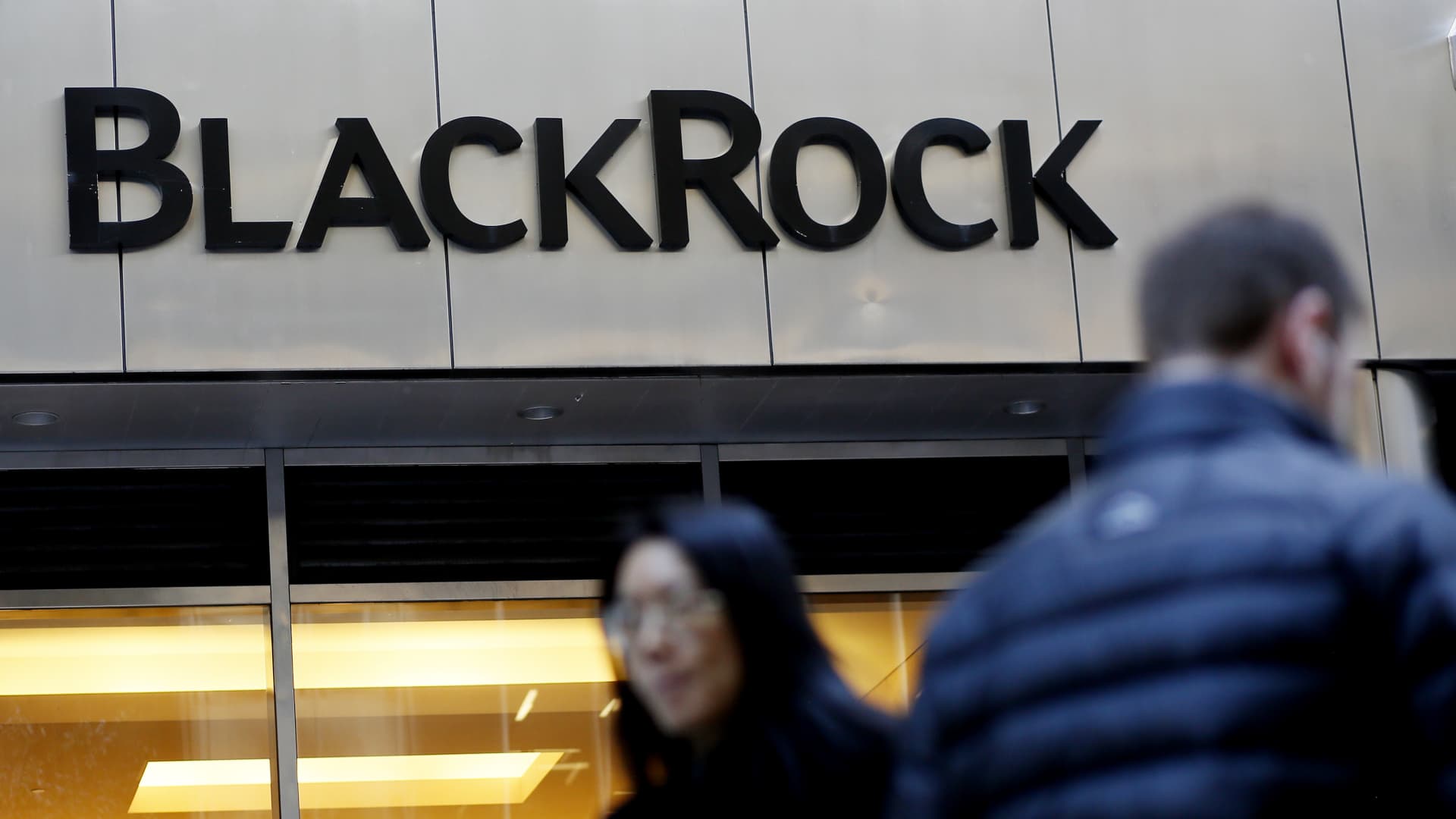A popular momentum ETF rebalanced Monday, and the shifts added more tech exposure for investors who want to ride this rally in the stock market. The i Shares MSCI USA Momentum Factor ETF (MTUM) is an fund with more than $13 billion in assets under management, according to FactSet. It tracks a custom index from MSCI that is designed to identify large- and mid-cap U.S. equities with the strongest momentum ratings over the previous six and 12 months. Wells Fargo’s Christopher Harvey said in a recent note that the changes should increase the ETF’s exposure to communication services, tech and financials, while dialing back some defensive positions. The changes include adding AT & T , T-Mobile and Oracle , while removing Coca-Cola , Lockheed Martin and NextEra Energy , according to Harvey. “With the sector changes … the largest factor changes in the new MTUM index include: (1) higher beta; (2) lower profitability; and (3) higher leverage,” Harvey said. Beta is a measurement of how a stock portfolio moves relative to the broader market. Of the new additions, Oracle holds the biggest weight in the fund at over 3%. Other notable changes include the addition of AbbVie and the removal of Eli Lilly . The change comes at a time when the fund is performing well. MTUM is up 5.8% in the fourth quarter and more than 37% for the year, according to FactSet, and the fund closed at a record high on Friday. MTUM YTD mountain The MTUM ETF closed at an all-time high on Friday. How it works MTUM officially tracks the MSCI USA Momentum SR Variant Index, a tweaked version of MSCI’s regular USA momentum index. The fund’s rebalance took place at Monday’s market close. The fund now rebalances on a quarterly basis, said Robert Hum, US head of factor and outcome ETFs at BlackRock. “It’s just going to reflect what’s going on in the market. If you think about MTUM, this a rules-based process, and it’s really trying to represent what are the trends in the market on both a six- and 12-month basis,” Hum said. The momentum calculations used by MSCI focus only on price momentum and not fundamental considerations, like earnings. The calculations do not include the most recent month prior to the rebalancing date, and new stocks that don’t have at least a six-month momentum score are not eligible for inclusion, according to the MSCI methodology document. The fund has seen about $2.8 billion in inflows over the past month, though a large portion of that appears to be due to a change in BlackRock’s model portfolio allocations earlier in November.





